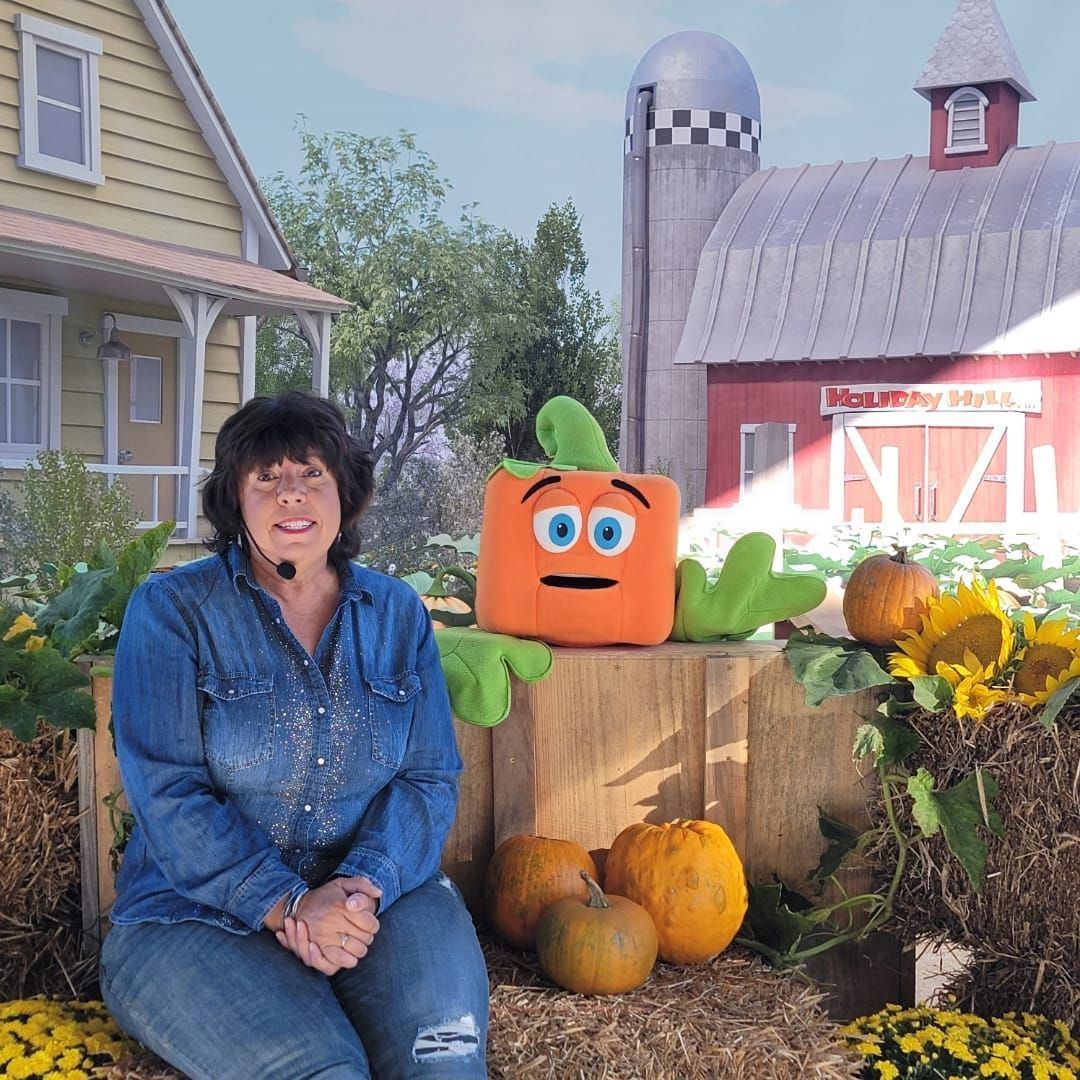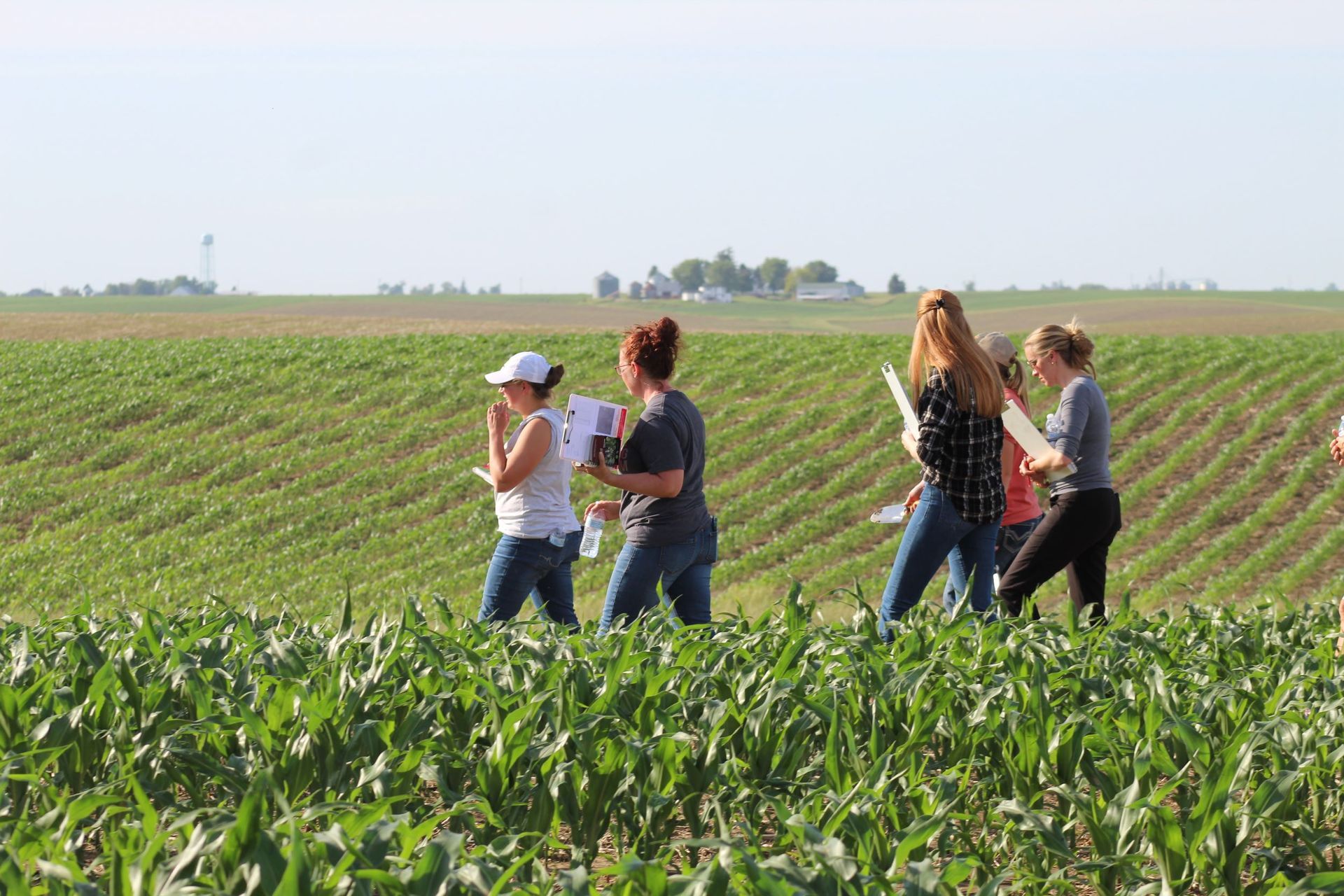Setting Aside a Day for Exceptional Children
Angie Day • January 28, 2026
Thoughts from NAFDMA VP Alma of Galloway Farms:
A Day for Every Child: Embracing Inclusion at the Farm

At our farm, field trips have always been a way to connect children with the outdoors, agriculture, and each other. But over the years, as we've welcomed school groups of all sizes, one truth has become increasingly clear: not every child experiences these days in the same way.
For our Exceptional Children (EC)—those with physical, mental, social, or developmental differences—the typical field trip can feel overwhelming rather than exciting. Crowded spaces, fast-paced activities, and sensory overload often make it difficult for them to participate fully. We began to notice that despite our best efforts, the traditional format wasn’t serving every student equally.
That realization sparked a change. And from it, something truly meaningful was born: a dedicated field trip day just for EC students—A Day of Acceptance, Kindness, and Inclusion.
A Different Kind of Day
On these special days, we open the farm just for EC students. It’s a slower, more intentional experience designed specifically around their needs. We work closely with teachers in advance, learning about each student’s IEP and building an itinerary that feels manageable and joyful. The pace is gentle, activities are sensory-friendly, and we create plenty of opportunities for breaks, quiet spaces, and unstructured time.
Without the presence of the entire grade level, there’s less pressure to keep up or fit in. What we’ve seen instead is beautiful: students who feel relaxed, confident, and excited to explore.
Stories That Matter
One of the highlights of our EC Day is sharing a story that’s incredibly close to my heart—Spookley the Square Pumpkin by Joe Troiano. If you know me, you know how much I love Spookley! His story of being different in a pumpkin patch full of round pumpkins speaks directly to what we’re trying to celebrate on our farm.
Spookley is teased for his square shape—until one day, a storm hits and it’s his unique shape that saves the entire patch. We tell this story along a trail of storyboard signs in our maze, where students walk through and reflect at each stop. There are craft stations where they can design their own “unique pumpkins,” and classroom discussions led by teachers help reinforce the message: different is special.
The impact of Spookley’s story never fails to move me. It creates an emotional connection, especially for our EC students, who see themselves reflected in his journey of resilience and value.
Inclusion Done Right
Hosting a day like this has taught us that inclusion isn’t about making everyone do the same thing—it’s about making sure every child gets what they need to succeed. And when we do that, the results are powerful.
Teachers have told us these field trips are among the most joyful days their students experience all year. Many have shared that their students show more confidence and curiosity in this calm, accepting environment than they do in a typical classroom. The difference? They’re not being compared, rushed, or corrected—they’re being celebrated.
And it’s not just about the kids. Educators and staff leave these days feeling encouraged and inspired. It reminds all of us that empathy, patience, and thoughtful planning can go a long way in building a better learning experience for everyone.
Looking Ahead
We’re proud of how far we’ve come in making the farm a place where every child can belong. And we hope our story inspires other agritourism sites, educators, and community partners to think about what inclusion can look like in their own spaces.
Because just like Spookley, every child has the potential to save the day—if we’re willing to make space for them to shine.
RECENT ARTICLES




